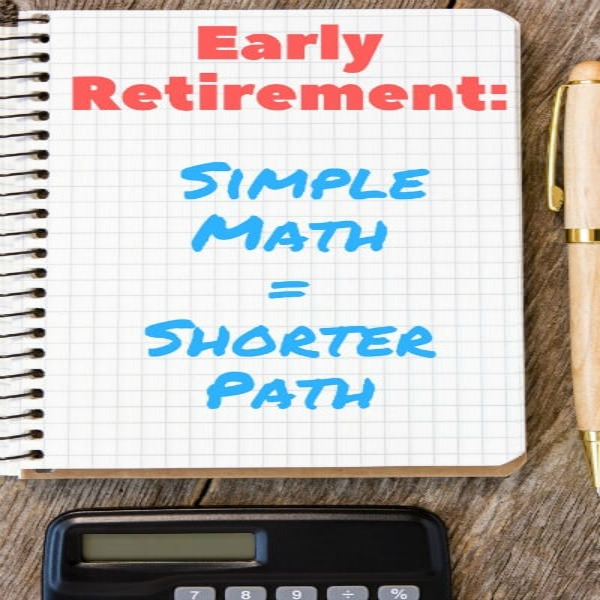
My point is actually to encourage you that if you haven’t been saving much, every increase makes a huge difference.

I don’t point that out to discourage you from shooting from high savings rate. Going from 5% to 10% shaves 14 years off your career, but going from 90% to 90% shaves off one. One thing that stands out about the chart is that you run into diminishing returns. He was also more precise in parts, listing 10.5 years for 65% whereas my methodology always rounds up. A few times we’re off by a year from each other, but that kind of thing happens. Money Mustache’s numbers are nearly identical to mine.


You’re starting from a net worth of zero.You would use the 4% rule to determine your retirement spending, with some flexibility for recessions.That you could earn 5% adjusted for inflation on your investments.To estimate how many years it would take to reach retirement at various savings rates, Mr. As a spoiler, I think the primary observation that he left on the table is that even though cutting spending is twice as powerful, there comes a point where increasing income is the best way to reach your goals. We’re going to break it all down below in detail, because there are still some insights to be gleaned. His math does make some assumptions, but they are reasonable. I’ve ran the numbers myself and re-created the table that is the centerpiece of his post, and the numbers check out.

Money Mustache created a chart showing how long it would take to retire at various savings rates (e.g. So spending less increases the amount you can invest towards retirement and decreases the size of the portfolio you need to retire. This is because if you use the 4% rule (which he’s covered and I’ve covered), you can retire when your portfolio is 25x your annual spending. Money Mustache points out that decreasing your spending is doubly powerful. Since your savings rate is a percentage of your take-home pay, you can increase it in two different ways:īoth of these are powerful, but Mr. So you can think of dividing your take home pay into two categories: Your savings rate is just the percent of your take-home pay that you invest towards becoming financially independent. The post argues that when it comes to the question of how long it will take you to retire, there’s only one factor that really matters: Your savings rate. And there’s also the fact that it has an A++ headline.īut my question is simple: Does it hold up? Let’s explore it deeper. It covers a topic that is important, and-for most people-novel. One of the most famous posts in the personal finance blogosphere is “ The Shockingly Simple Math Behind Early Retirement” by Mr.


 0 kommentar(er)
0 kommentar(er)
